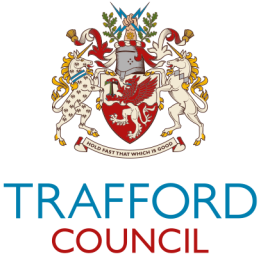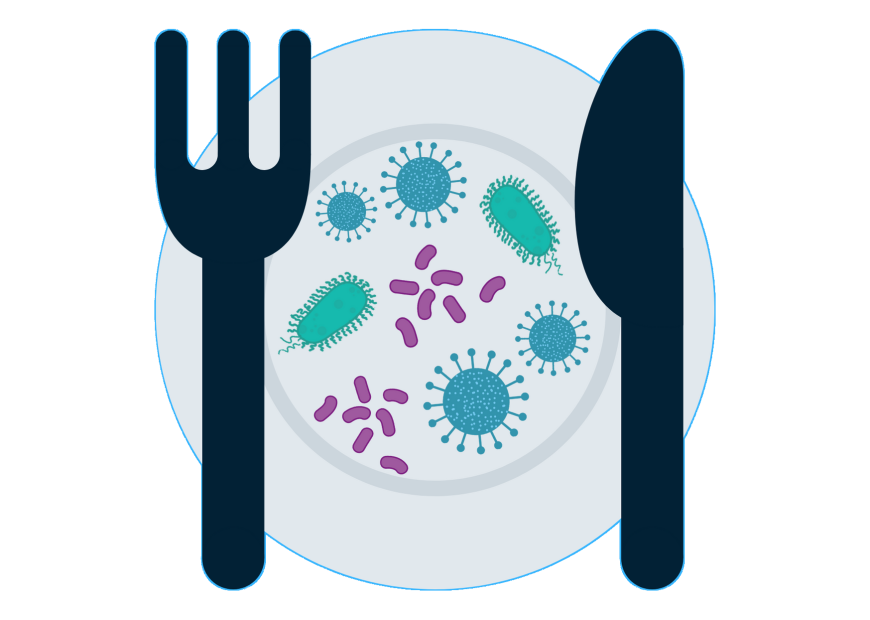Strategies for Preventing Foodborne Illness: Safeguarding Your Health and Well-being
Strategies for Preventing Foodborne Illness: Safeguarding Your Health and Well-being
Introduction:
Foodborne illnesses can cause significant health risks and discomfort, but with the right strategies in place, they can be prevented. Whether you're a professional in the food industry or someone who prepares meals at home, implementing effective prevention strategies is essential. In this blog post, we will explore key strategies for preventing foodborne illness and safeguarding your health and well-being.
Practice Good Personal Hygiene:
Maintaining proper personal hygiene is crucial in preventing the spread of harmful bacteria and viruses. Wash your hands thoroughly with soap and warm water for at least 20 seconds before handling food, after using the restroom, touching raw meat, or handling any potentially contaminated items. Avoid touching your face, hair, or other body parts while handling food. Cover any cuts or wounds with waterproof bandages and wear clean and appropriate protective clothing, such as aprons and hairnets, when preparing food.
Clean and Sanitize Surfaces and Utensils:
Regularly cleaning and sanitizing surfaces, utensils, and equipment is vital to prevent cross-contamination and the buildup of harmful bacteria. Use hot, soapy water to clean cutting boards, countertops, knives, and other utensils after each use. Sanitize surfaces using a solution of one tablespoon of bleach per gallon of water or a suitable sanitizing agent. Replace cleaning tools like sponges and dishcloths regularly to prevent the spread of bacteria.
Proper Food Storage:
Proper food storage is essential for preventing the growth of bacteria and ensuring food remains safe to consume. Store perishable items, such as meat, poultry, dairy products, and eggs, in the refrigerator at or below 40°F (4°C). Keep raw meats separate from ready-to-eat foods to avoid cross-contamination. Use sealed containers to prevent pests and bacteria from contaminating stored food. Label containers with dates to track expiration and discard any expired or spoiled items promptly.
Cook Food to Safe Temperatures:
Cooking food to safe temperatures is a critical step in killing harmful bacteria and ensuring food safety. Use a food thermometer to check the internal temperature of meat, poultry, seafood, and other potentially hazardous foods. The minimum safe internal temperatures are 165°F (74°C) for poultry, 160°F (71°C) for ground meat, 145°F (63°C) for whole cuts of meat, and 145°F (63°C) for fish. Avoid partially cooking food and then finishing it later, as this can lead to bacterial growth.
Practice Safe Food Handling:
Proper food handling techniques are essential in preventing cross-contamination and the spread of bacteria. Keep raw meats separate from other foods during storage, preparation, and cooking. Use separate cutting boards, utensils, and preparation surfaces for raw and cooked foods. Avoid using the same plate or utensils for raw and cooked food. Clean and sanitize all surfaces, utensils, and hands after contact with raw meats or other potentially contaminated ingredients.
Choose Safe Water and Ingredients:
Safe water and high-quality ingredients are fundamental in preventing foodborne illnesses. Use clean, potable water for food preparation, cooking, and cleaning. Purchase ingredients from reliable sources and ensure they are fresh and stored properly. Inspect fruits and vegetables for any signs of spoilage or damage before using them. Thoroughly rinse produce under running water to remove dirt, bacteria, and pesticides.
Educate Yourself and Others:
Continuous education and awareness are key in preventing foodborne illnesses. Stay informed about the latest food safety guidelines, regulations, and best practices. Seek out reputable sources of information, such as government health agencies or trusted food safety organizations. Share your knowledge with others, whether it's through conversations, social media, or organizing food safety workshops. Encourage open discussions about food safety and promote a culture of accountability and awareness.
Conclusion:
Preventing foodborne illness requires a proactive approach that encompasses personal hygiene, proper cleaning and sanitizing, safe food storage, thorough cooking, and mindful food handling. By implementing these strategies in your daily food preparation routine, whether at home or in a professional setting, you can significantly reduce the risk of foodborne illnesses and protect your health and the well-being of those you serve. Remember, food safety is a collective responsibility, and practicing good hygiene and following safe practices is essential for a healthier and safer food environment.
Online Food Safety Course
Ensure food safety and prevent illness with our comprehensive Food Safety Course. Learn essential hygiene practices and gain the knowledge to protect yourself and others. Enrol now for a healthier and safer future!












